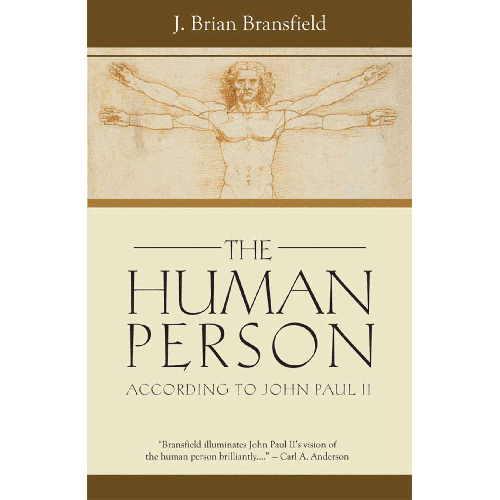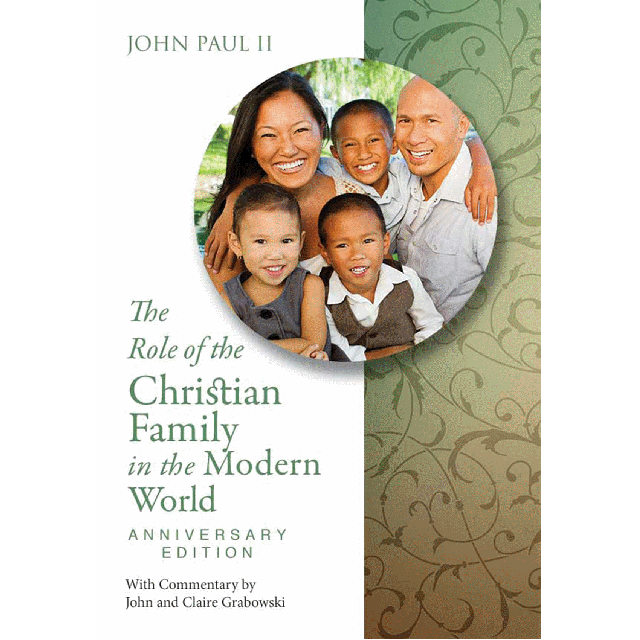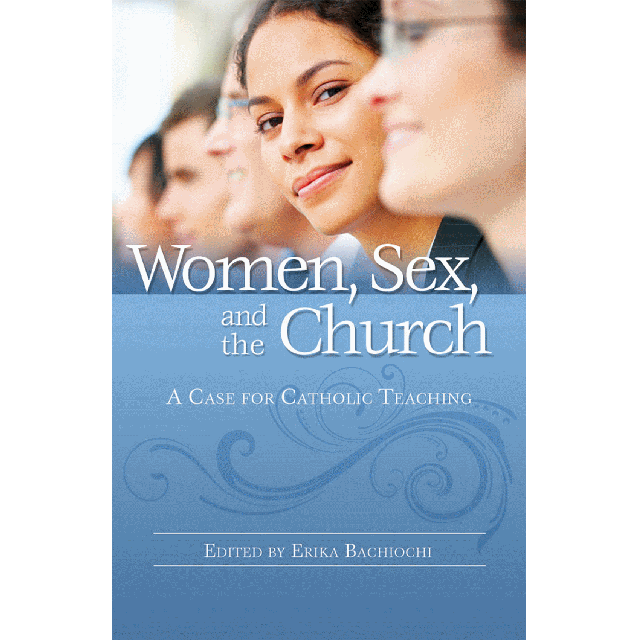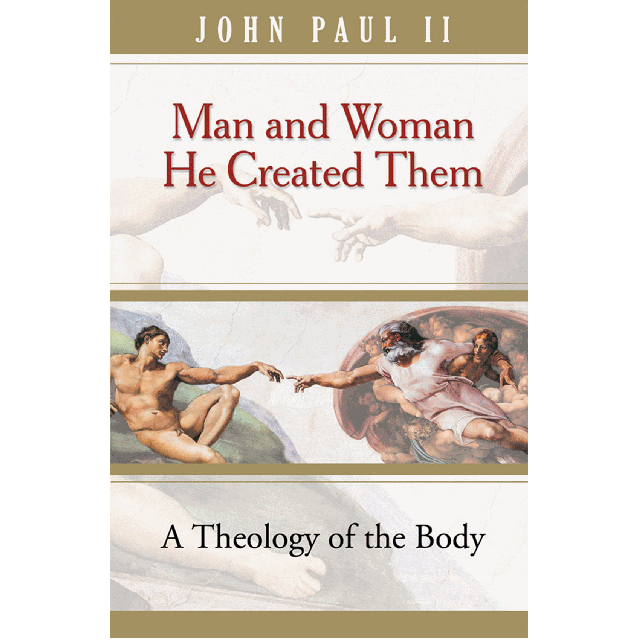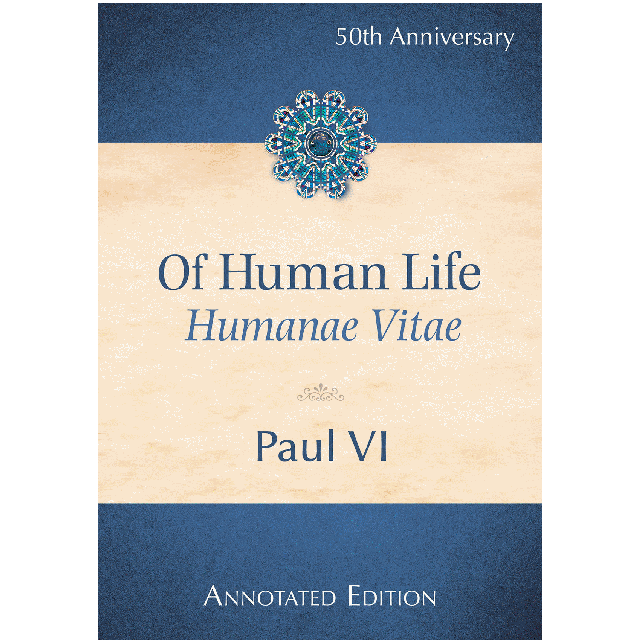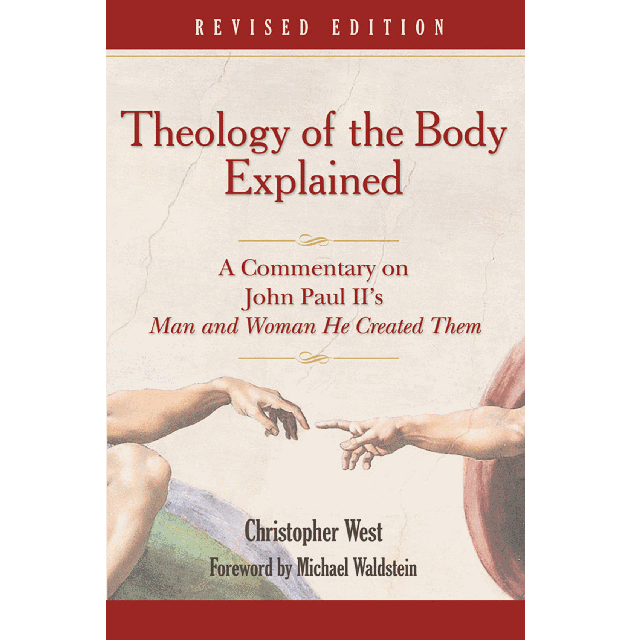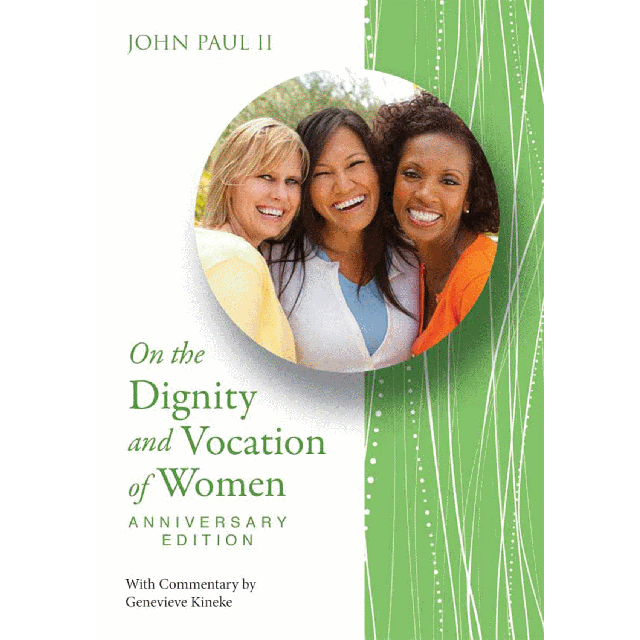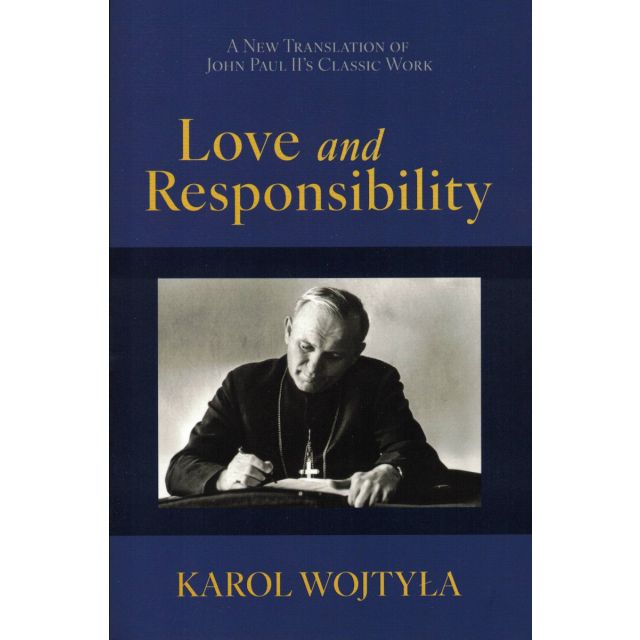We use cookies to make your experience better. To comply with the new e-Privacy directive, we need to ask for your consent to set the cookies. Learn more.
Human Person According To John Paul Ii
Reverend J. Brian Bransfield is a priest of the Archdiocese of Philadelphia. He currently serves at the United States Conference of Catholic Bishops as Assistant General Secretary and Executive Director of the Secretariat of Evangelization and Catechesis. Fr. Bransfield received his doctorate in moral theology from the Pontifical John Paul II Institute for Studies on Marriage and Family. Prior to his current appointment, he served as professor of Moral Theology at St. Charles Borromeo Seminary. He is a noted national speaker and retreat director.
TOB is a HUGE undertaking to read and an even bigger undertaking to understand and unpack. I've read a host of other authors who have tried it, and who have done well. But this is the first book that I felt like I could hand to my friends, my husband, and my pastor with absolutely no compunction. It's one of the only books I have purchased after receiving a review copy, and one of an even smaller number that I know I'll be buying again.
There's heavy, deep stuff in this book, because that's the topic, but it's written in a way that makes you comfortable. My husband thought, for the first two-thirds of the book, that I was reading a novel, and his eyebrows were lost in his hairline for a day or two when he found out it was nonfiction.
The Human Person presents a difficult topic in a very tangible way. There's a reason Jesus spoke in parables, and this book demonstrates that wisdom in its explanation and demonstration of difficult concepts. Bransfield also has a way of linking things together that seem unexpected at first, but that work out to be brilliant together.
Take, for example, the entire last chapter of the book, "The Gifts of the Holy Spirit, the Beatitudes, and the Virtues." Now, I knew by this point in the book that I wouldn't be falling asleep, but the title did leave me wondering what in the world I could expect, especially as it relates to John Paul II's teaching. What followed was an in-depth discussion of those three things AND -- this is the best part -- a weaving together that made me look at my own life differently.
I love how different parts of the Catholic faith are tied into each other, but to think of the Beatitudes and the virtues you're living when you fulfill a beatitude...well, that was a new one for me. And the gifts of the Holy Spirit? Where'd those come from? And what do they mean? I found out in a way that seared it into my mind and made me want to keep going, keep exploring, keep learning.
What's wonderful about how John Paul II taught about the human person and the body is that he maintained that it's a beautiful thing. Bransfield teased this underlying theme out and explored it using experiences from our common human experience -- at one point, he was talking about young children, at another point, about driving. It read like an ongoing conversation, in some ways, and that made it all the more real to me.
Bransfield motivates me as a reader. Bransfield's obviously a natural teacher, because he taps into so many different stories and experiences throughout this book, and he also uses other people's wisdom. He references the entire body of John Paul II's work as well as many of the others who have written about it. This book becomes, then, a sort of "best of," written by someone who has a gift for sharing it and making you want to hunt down the source material for more.
I found myself wanting to ditch my reading pile and just pick up Theology of the Body (both the shiny new one and the old, dog-eared copy) for myself. He made me want to revisit Love and Responsibility and a couple of the encyclicals I've been meaning to reread.
He made me want to keep learning, keep digging, keep immersing myself.
He made me want to WAKE UP, and maybe that's the biggest nod I can give any author, especially one writing about such an important and life-changing topic.
This book is written by an expert. Above all, Bransfield knows what he's talking about. There are not only a million footnotes (which are also worth reading, by the way -- some great stuff buried there in the back of the book!), but there's also that air of confidence that comes from really knowing your material. This book is the Real Deal, made even more delightful by the fact that it is so approachable and tangible as it covers such a difficult topic.
The Human Person According to John Paul II gets my highest recommendation. I'd lend you my copy, but it's dog-eared and underlined and written in many of the margins and, really, I'm not willing to part with it. (I don't say that about many books, mind you.) I think you'll find this to be a book worth reading, rereading, and studying. You might even find that it will take you down the road of reading Theology of the Body itself.
Sarah Reinhard, Amazon Reviewer
There are thankfully many fine works available on John Paul II's important teaching referred to as the Theology of the Body. The positive impact this teaching can have on a person's spiritual and intellectual formation cannot be understated. This book in particular brings that fact to life for the reader in a clear, engaging and relevant way.
J. Brian Bransfield presents the profound teaching of John Paul II in an accessible way that does not, at the same time, shy away from addressing the sometimes complex themes involved in this area of theology. He discusses the virtuous life, to mention only one subject, in a way that informs the reader about the theology and ethics at play, but also in a manner that enlightens the reader as to the changes that will happen concretely and immediately when we live the virtuous life. It is a welcome gift when an author can write in this way.
The use of stories, images, and parables, mixed with a substantial exposition of the various elements of the Theology of the Body shows that the author has a deep sense of how to teach the Church's truths so to move the mind and heart to accept them joyfully.
I would recommend this book for the general reader as well as the student of theology. It would be ideal for college theology or religion courses as well as for parish education and seminary formation. Married couples will find much in the work to guide them in their vocation. And priests and deacons will benefit from it as a means of enhancing their preparation for preaching and teaching the Theology of the Body (among many other topics discussed in this fine work).
CP Reader, Amazon Review
